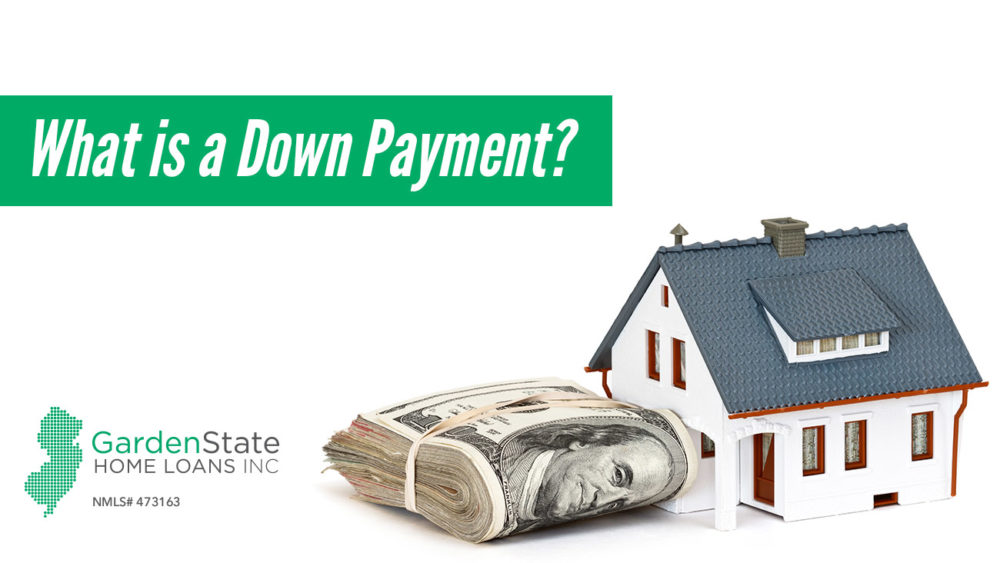Down Payment
A down payment is a type of payment made in cash at the beginning of the purchase of an expensive good or service, such as a home. The payment typically represents a percentage of the full purchase price. Most homebuyers pay 5 to 25% of the total value of the home. A bank or other financial institution will cover the rest of the costs through a mortgage loan.
How down payments affect interest
A down payment instantly reduces the amount of interest you will pay over the life of the loan. Having a sizeable down payment can save you thousands over the life of the loan. Down payments also provide lenders with a degree of security. Borrowers who use a down payment are less likely to default on their loan. Because of this, lenders may offer lower interest rates to borrowers who use a larger down payment.
How down payments affect monthly payments
Down payments also reduce monthly payments on your loan. A down payment is an initial starting payment for your loan. As such, after paying down, you will have less to pay over the course of the loan. The larger your down payment is, the less you’ll have to pay each month.
How down payments affect mortgage insurance
In most cases, a down payment of less than 20% will require you to purchase private mortgage insurance (PMI). PMI is paid to a private insurance company in monthly payments. However, if you have a down payment over 20% or over, you can avoid having to pay these premiums.


Comments are closed.